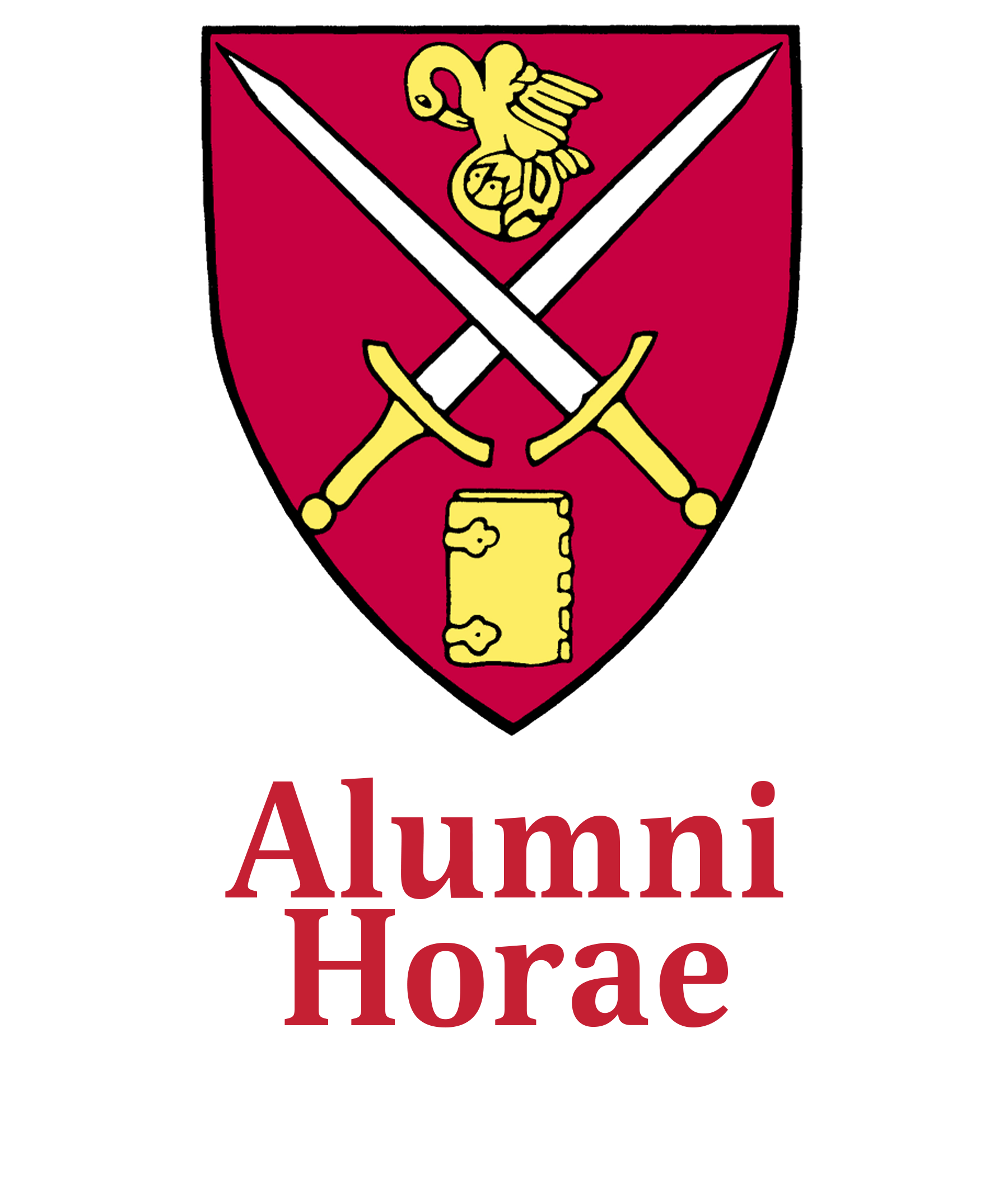SPS Today: Pausing For Reflection
Conversations About Past Abuses
The School community gathered in November to reflect on issues brought forth by the recent supplement to the Casner & Edwards report on past sexual abuse at the School. With students, faculty, administrators, the Chaplaincy, and counselors present, the daylong program featured small-group discussions on the effects of sexual harassment and abuse, and included a presentation by the Crisis Center of Central New Hampshire, led by Executive Director Paula Kelley-Wall and her associate on the statistics of sexual assault and what can be done to support survivors.
“We really need to pause,” says Vice Rector for School Life Theresa Ferns ’84. “We need to pay attention to the significance of our institutional history. [This] programming integrates community support and community education as we acknowledge the School’s history, and our human history, in relation to this subject.” The day already had been scheduled for Living in Community (LINC) programming, but the release of the report provided an opportunity for further education on the nature of sexual harassment and assault. Following a morning Chapel program that honored survivors of abuse, students and faculty returned to houses for small-group debriefs. In conversations led by faculty and student LINC leaders and prefects, students shared their thoughts on the report’s connection to the recent #MeToo campaign. The conversations helped faculty and students recognize different ways in which they can support one another as they continue to build healthy community.
In the afternoon, Kelley-Wall shared how organizations such as hers operate to support survivors. CCCNH serves Merrimack County, offers a hotline for free and confidential assistance, and provides advocates who support survivors through the process of reporting and its aftermath. The School provides 24-hour care at Clark House, the student health center.“We think it’s really important to work with our local crisis center,” says Ferns. “Although we are educators, their expertise is central to educating our students here.”
“Alumni Doorways” to Help with Healing
In late January, a group of alumni, representing five decades at the School, gathered on the SPS grounds for 24 hours to consider the question of how members of the alumni community can support one another in the wake of the troubling revelations of the Casner & Edwards investigation into the sexual abuse of students at the School. Of the 14 alumni who participated in the retreat, many work professionally with trauma survivors as clergy or healthcare professionals; others were called to this work decades ago as members of the group of alumni who brought concerns about sexual abuse experienced at the School to the attention of the administration in 2000. The advisory group was convened by the Alumni Association to address the specific goals of advising the School on how it can best support alumni survivors, including considering how the Association might establish a peer-to-peer companion network, and engaging alumni in ongoing systemic and cultural changes, including the prevention programs in place at the School today.
The weekend’s conversations resulted in a working statement of purpose, which reads: “We are a group of peers reaching out to alumni and seeking input to craft a multi-layered response to support the St. Paul’s School alumni community. We will listen to stories of harm experienced at the School, offer resources, facilitate conversation, and reassure people that they are not alone.”
The group has named the initiative “Alumni Doorways” and is currently seeking input from the alumni community about how best to fulfill its mission. To share your ideas, please contact Liz Robbins ’79 (lizrobbins325@gmail.com), president of the Alumni Association, or Alisa Barnard ’94 (abarnard@sps.edu), executive director of the Alumni Association.

